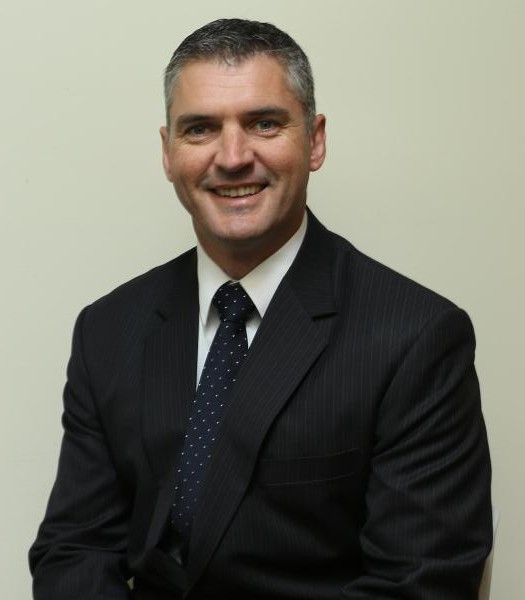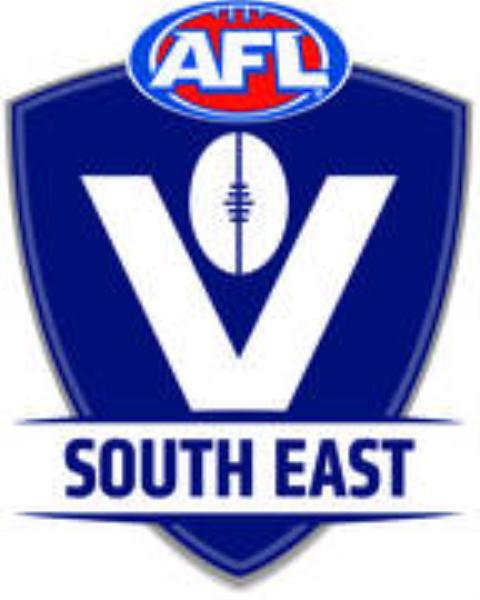
By RUSSELL BENNETT
THE new AFL South East general manager has identified some of the biggest issues facing footy in the local area, and he’s stopping at nothing to strengthen the game in the region.
Jeremy Bourke was recently named Region General Manager of AFL South East, which looks after some of Victoria’s most important leagues – such as Casey Cardinia.
In his mind, the issues facing the local game are clear and they’re also typical of what footy is facing at a national level:
– Player retention from juniors to seniors;
– Attracting new players from multicultural communities;
– And parity within leagues.
Bourke has most recently served as the CEO of the Northern Football League (NFL) and has also previously worked in football operations with the Amateurs (VAFA).
He played a vital role in helping transform the public perception of the NFL from what some deemed to be ‘a thug’s league’, into a professional outfit.
He can’t wait to start work in one of Australia’s, and football’s, biggest growth corridors.
“The south east appealed to me because I live close to the region, but the main attraction was the strategic focus,” he said.
“I see an opportunity to drive the direction of the game and the development of it.
“Taking a local focus on local football is something I’m really passionate about.
“I have no desire to work in the domain of AFL – I love local footy.”
Bourke said his first goal was to “come in, sit down and talk with our stakeholders and do a situational analysis on football in the region”.
“I want to speak to everyone from shire councils, to footy club presidents, to club volunteers and players,” he said.
Bourke identified improving the transition rate in young players from Auskick into junior and – later – senior footy as a key focus.
“We have this enormous decline in numbers from under-nines to under-17s so that’s a really important area for us to focus on,” he said.
“How we cater for new clubs is another factor – where do they come in and how do they fit in? How does a new club fit into the Casey Cardinia league?
“I know some are looking, or have in the past, at the Southern Football League because they have a divisional structure.”
Bourke was crystal clear when talking about the keys to bringing more parity to local competitions.
“There are a number of strategies but promotion and relegation is probably your best,” he said.
“Look at all the metro leagues – they have that or a divisional structure that allows clubs to find their level and work within it.
“We have to find a structure where clubs are enjoy success from time to time – so they don’t go 30 to 40 years without achieving it.
“The Northern League has its power clubs but seven of the 10 Division 1 clubs have won a flag in the past four years.
“One of the ‘power’ clubs hasn’t won one since 1979 but they’ve been in five grand finals in the past decade.”
Bourke said points systems could also be introduced at local level in an effort to bring in more parity, but salary caps wouldn’t work.
“We just don’t have the resources to manage them at a local level,” he said.
“(But through the promotion and relegation system) some clubs would be much better off enjoying success in Division 2, rather than sitting in seventh or eighth every year in Division 1 and lamenting the fact that they can’t be a Narre Warren or a Cranbourne.”
Bourke said he – and AFL South East – would provide help to struggling clubs in need, and encouraged them to look at their stronger competitors and clubs in other leagues for motivation.
“We’ll have two dedicated football development managers in the region, looking at both game and club development,” he said.
“Our resources have always been focused on game development but for the first time we’re turning that around and really looking at our clubs.
“We think their development and the internal structure of them is just as important as ensuring we get players through our elite pathways.”
Bourke, who holds a master’s of business in sports management – in addition to his industry qualifications – is set to start his new role in the next two weeks.







